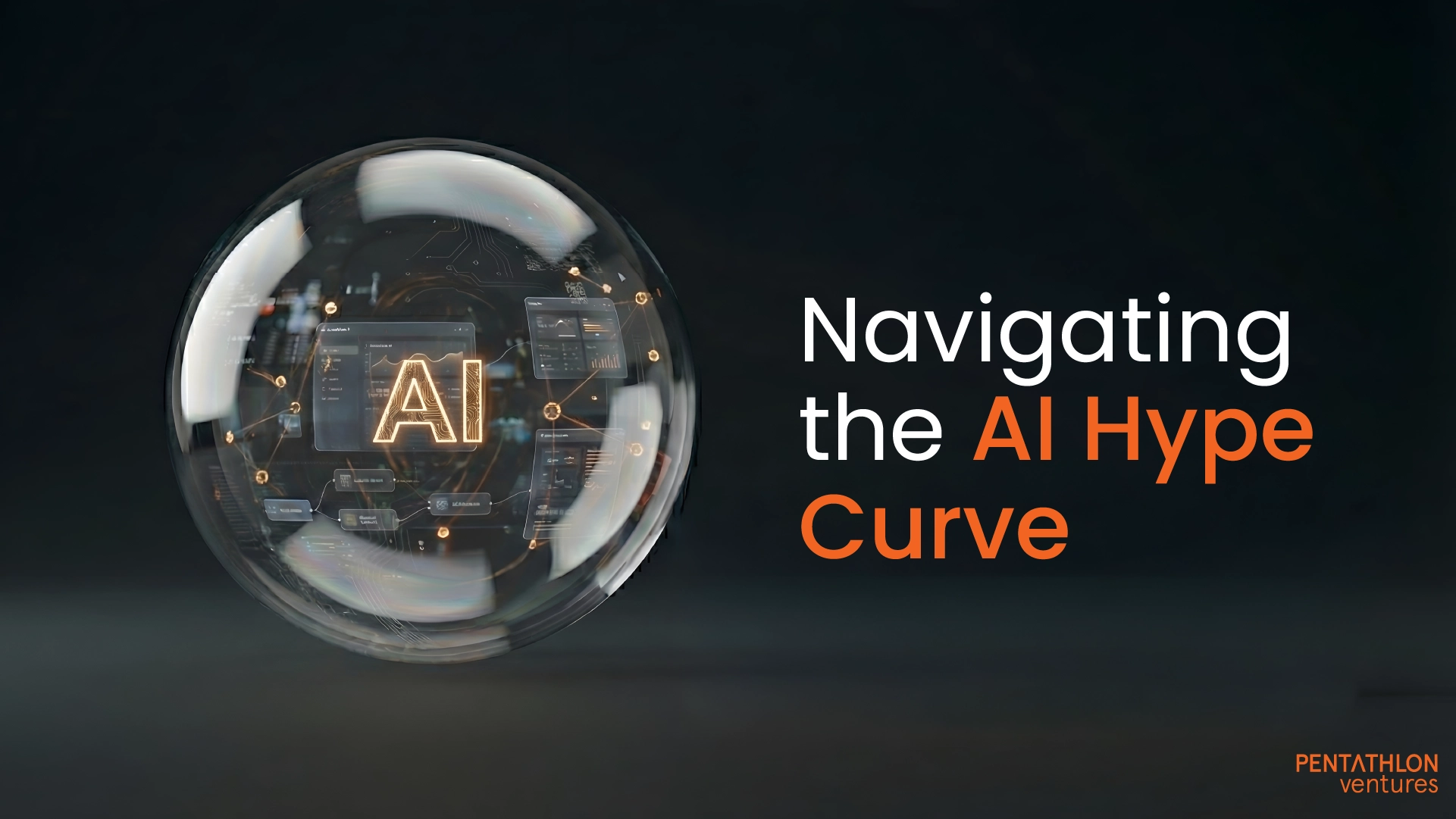Author: Gireendra Kasmalkar
For decades, the tech world has been enthralled by the dream of democratising access to technology. From the dawn of the internet era, when digital access started to break down information barriers, to the age of artificial intelligence (AI)— we’ve been chasing the vision of technology as the great equaliser.
However, the journey has been anything but straightforward.
The early promise of the internet—once envisioned as a tool for widespread empowerment through information at everyone’s fingertip—ironically, culminated in a concentration of power in the hands of gatekeepers like search engines.
Then came Web2, where data and interaction proliferated, but so did the consolidation of this information in the new digital monarchs—the social media giants.
The advent of Web3—with its promise of data ownership through blockchain technology and the explosion of crypto and NFTs—heralded what seemed like a technological renaissance. Yet, the initial excitement was short-lived.
The arrival of Gen AI and large language models (LLMs) quickly overshadowed this optimism, as the command of these powerful technologies was seized by a few well-resourced mega-corporations.
This recurring consolidation of power echoes historical patterns, underscoring a tough lesson. With each wave of innovation, we observe a brief expansion of opportunities before a swift re-centralisation of control—shaping a digital age where the promise of democratisation is continually challenged by the reality of power dynamics.
This pattern is not merely historical but current, shaping the AI democratisation dynamics we grapple with today. The very tools and platforms supposed to democratise technology end up concentrating influence, thus perpetuating a cycle that initially offers the illusion of broad access only to later narrow the corridors of power.
AI in B2B: A new frontier or the same old power game?
You may have heard this favourite VC question that many tech founders face when they bring a bright new idea to the table—What if Google does it tomorrow?—casting a shadow on their potential for success. But history has shown that smaller companies can indeed triumph over the giants.
The reality is that these giants focus on mass markets, often overlooking niches. This is where business-to-business (B2B) products have a chance to shine, despite fewer resources. They can succeed by concentrating on specific business needs and integrating seamlessly with enterprise tech ecosystems.
With the rise of Gen AI, many anticipated a new chapter for equal access in tech. The idea was that AI would democratise the field by equipping diverse businesses with powerful tools, each tailored to their specific industrial needs. Yet, this positive outlook misses a critical point—the tendency for AI development to centralise power.
The core concept of spreading power evenly faces a stern test in the world of B2B AI. When AI relies on limited datasets for specific tasks, it can inadvertently reinforce the dominance of the few who create and control these tools, shaping the future of innovation along predetermined lines, rather than through a collective, wide-ranging effort.
Can B2B start this revolution?
Democratisation can truly begin in the B2B environment. In these often less visible sectors, bespoke solutions stand in contrast to the tech industry’s lean towards centralisation.
Consider how AI is applied in areas like medical imaging or vehicle sales. These aren’t just keeping up with larger tech firms, they’re outpacing them. Such examples increasingly show that focused innovation leads to a more equitable distribution of tech’s advantages.
This clearer picture of AI democratisation emerges from the shadows of broader tech discussions. As large companies expand their AI capabilities, real transformative potential brews in the more defined, purpose-driven fields of B2B SaaS.
With Gen AI and LLMs, the challenge is undoubtedly greater, due to the significantly higher requirements for data, compute, and energy. Most B2B solutions will likely operate on top of LLMs provided by the industry giants, yet it’s the domain and use-case specialisation that will drive most of the differentiation.
In fact, the differentiation in the underlying LLMs may not be substantial in the end. It could become a story similar to Microsoft and IBM, where it was the software and not the hardware that became the key differentiator for users.
Thus, B2B remains the beacon of hope for democratisation, offering smaller companies an opportunity to challenge the giants.
The ethical challenges
More entities are harnessing AI’s power as it democratises, which brings us to a pivotal concern—the potential for harm outweighing good.
Technology’s impact is often dictated by the intent of its users—beneficial in responsible hands, yet potentially devastating in malicious ones.
The universal application of Gen AI, particularly in tasks like assignments and presentations, poses a risk to our individual and corporate uniqueness. The reliance on an amalgam of widespread ideas, while seemingly impressive, might dilute genuine creativity. The challenge lies in recognising and valuing original thought in an age where repurposed content can be more immediately appealing.
Concerns also arise about AI’s ability to explain its conclusions, a necessity in many societal and industrial contexts, where mere technical explanations fall short.
Furthermore, AI challenges the belief that data equates to objectivity. The extensive datasets it depends upon carry historical biases, potentially perpetuating outdated stereotypes. For instance, we reject the notion that a scientist fits a specific demographic profile based on historical data.
Embracing diversity is crucial, not just for equity but for injecting fresh perspectives essential to innovation in a rapidly evolving world.
B2B’s role in ethical AI application
In the realm of business-to-consumer (B2C), early AI applications have unfortunately reinforced stereotypes. While personalised recommendations have their benefits, they risk enclosing users in a feedback loop of similar content—be it food, entertainment, or news—potentially stifling exposure to diverse viewpoints.
B2B, however, offers grounds for optimism. Competition drives businesses to discern when to utilise data and when to set it aside. AI, particularly Gen AI, promises to level the playing field, fostering an environment where the most innovative can thrive.
This is particularly true in B2B, where the focus is on solving specific industry problems as opposed to casting wide nets over populations.




